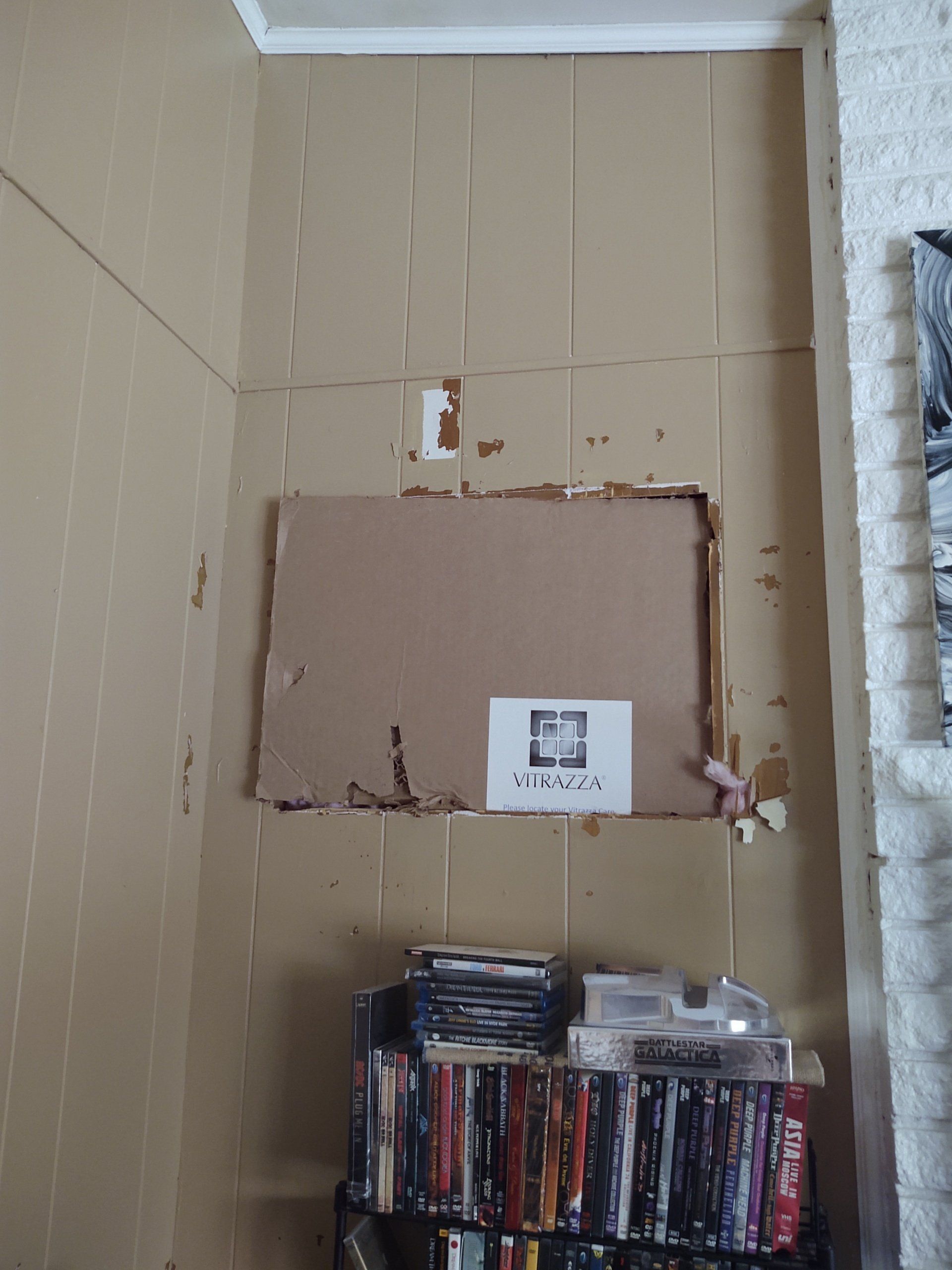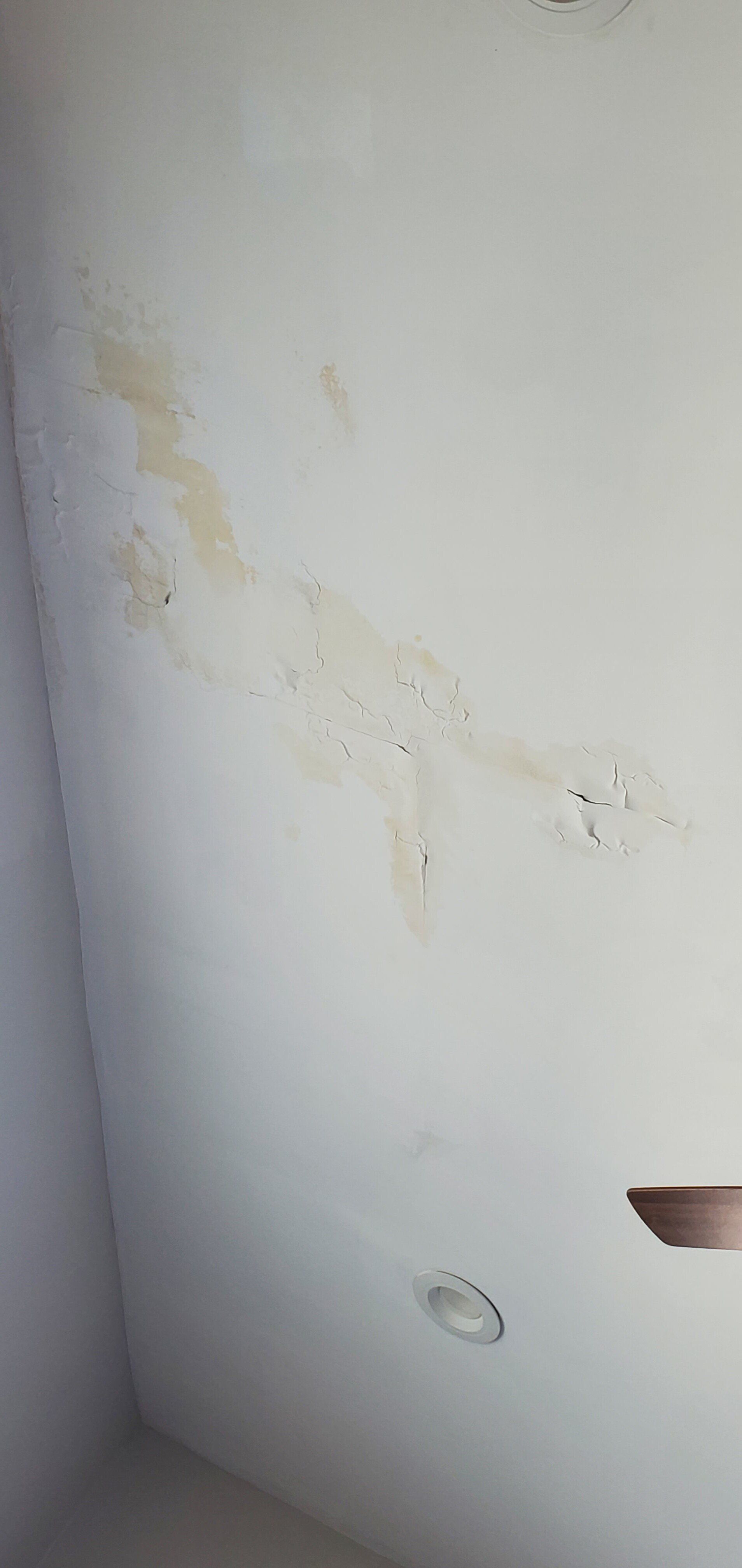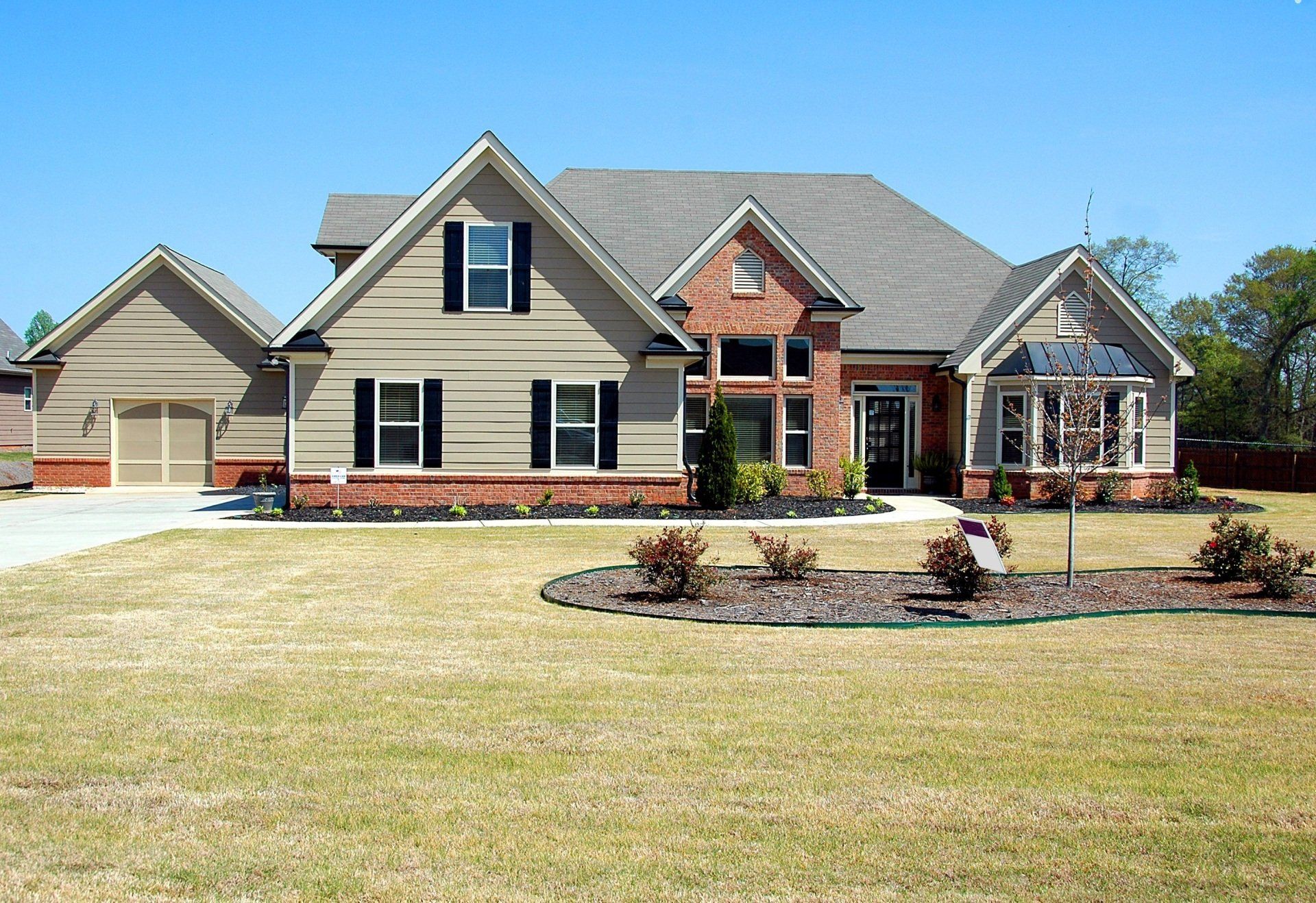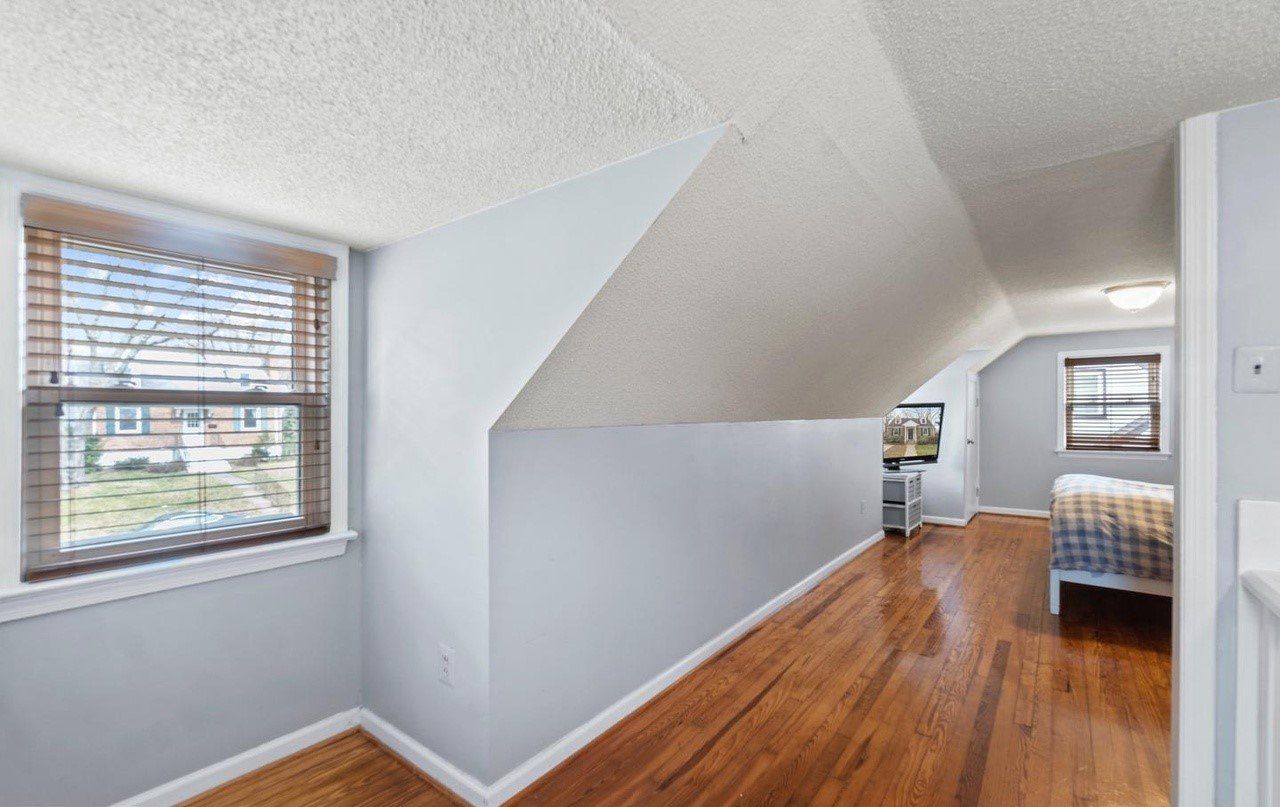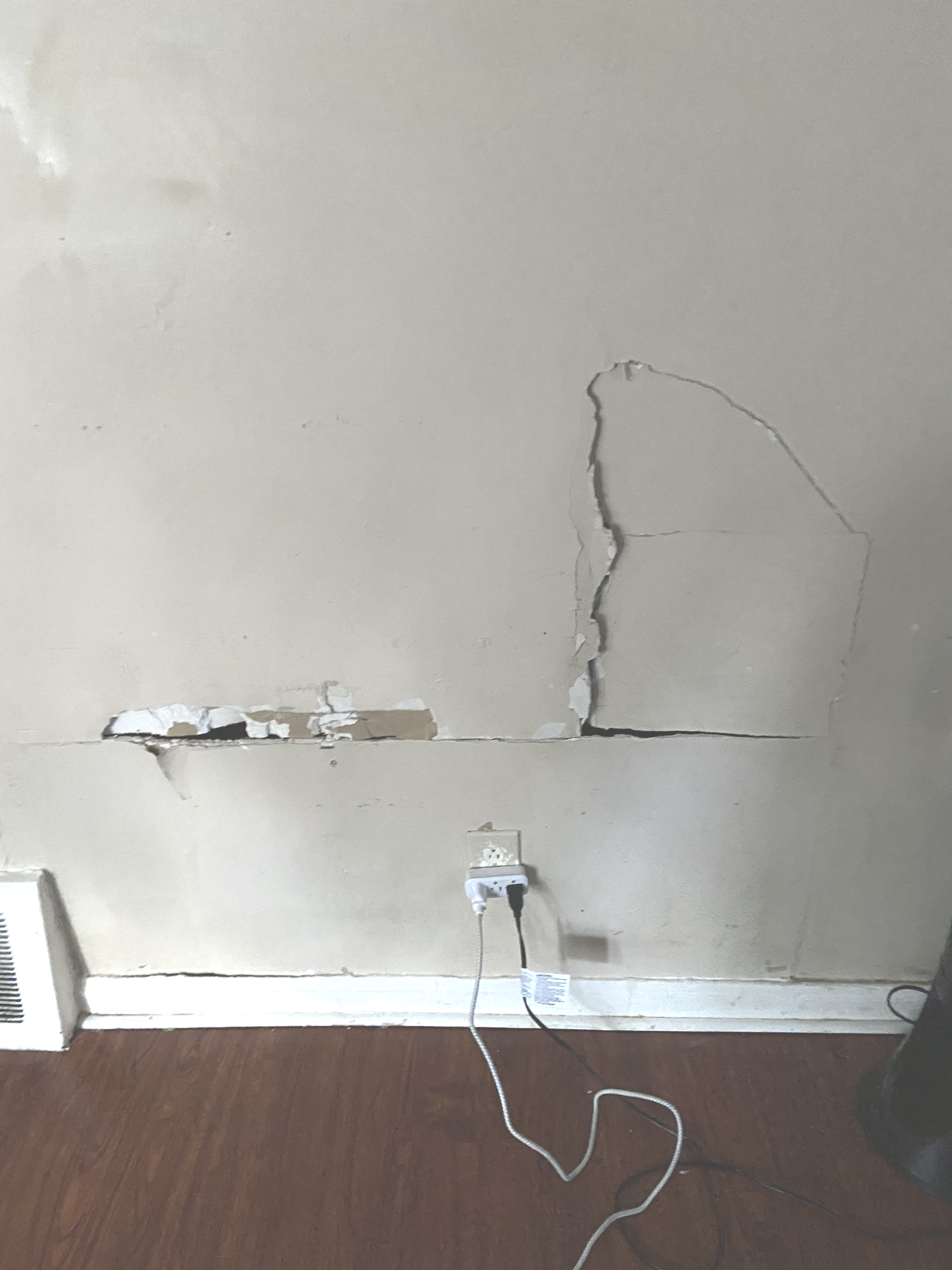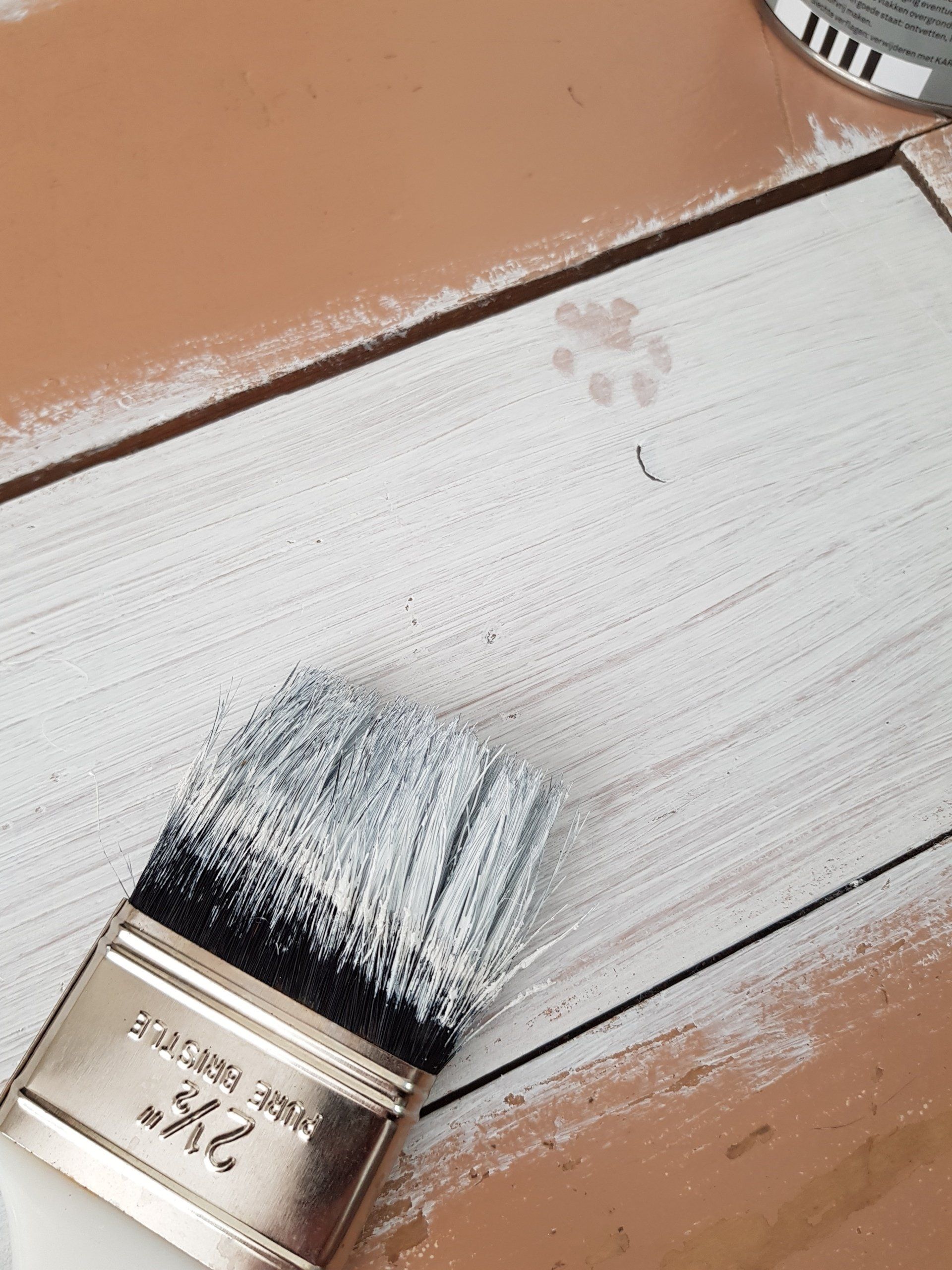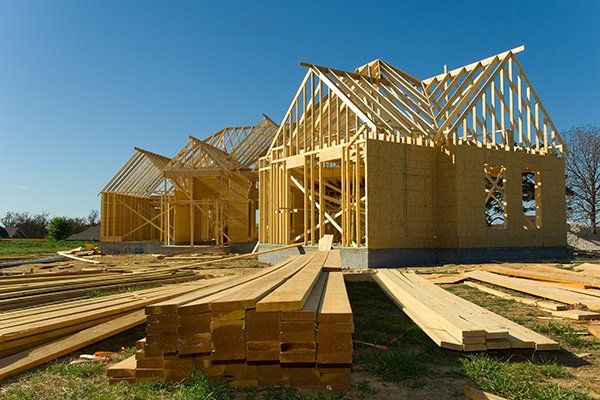When to Worry About Cracks in Your Walls: A Homeowner's Guide
Recognizing and Addressing Structural Concerns in Your Home
Cracks in the walls can be a troubling sight for any homeowner. They can appear suddenly or develop slowly over time, but the key question remains: when should you be concerned? While some cracks are purely cosmetic, others can signal serious structural issues. This guide will help you understand the different types of cracks, their causes, and when to
seek professional help.

Types of Wall Cracks
1. Hairline Cracks
Description: Thin, minor cracks often found in plaster or drywall.
Cause: Typically due to the natural settling of the house or minor fluctuations in temperature and humidity.
Action: Generally cosmetic and can be fixed with a bit of joint compound and a fresh coat of paint.
2. Vertical Cracks
Description: Cracks that run up and down the wall.
Cause: Often caused by the settling of the foundation.
Action: While they may seem minor, they can indicate foundation issues and should be monitored for changes in size.
3. Horizontal Cracks
Description: Cracks that run horizontally across the wall.
Cause: Can be more serious, often indicating pressure on the walls from foundation problems.
Action: These should be inspected by a professional as soon as possible.
4. Stair-Step Cracks
Description: Cracks that follow the mortar lines in brick or concrete block walls, resembling steps.
Cause: Commonly associated with foundation movement.
Action: Professional evaluation is recommended to assess potential foundation repairs.
When to Worry About Cracks in the Walls
1. Cracks Wider than 1/8 Inch
Significance: Cracks in the walls of my house that are wider than 1/8 inch can indicate significant structural issues.
Action: Professional assessment is necessary to determine the underlying cause and appropriate repair.
2. Rapidly Expanding Cracks
Significance: Cracks in the wall of my house that are growing quickly can signal severe foundation problems or structural damage.
Action: Immediate inspection by a structural engineer or a professional contractor is crucial.
3. Multiple Cracks in Different Areas
Significance: If you notice cracks in the walls and ceiling in various parts of the house, it could be a sign of widespread structural issues.
Action: Comprehensive evaluation by a professional is recommended to address the root cause.
4. Cracks Accompanied by Other Signs
Significance: Cracks in the wall and ceiling combined with sticking doors or windows, sloping floors, or gaps in walls can indicate serious foundation issues.
Action: Seek professional help immediately to prevent further damage and costly repairs.
5. Cracks in a New House
Significance: Cracks in the wall in a new house can be concerning, as new constructions should not show signs of structural problems.
Action: Report these cracks to your builder or warranty provider for assessment and repair.
Addressing Wall Cracks
1. Cosmetic Repairs
Hairline Cracks: Can be easily fixed with joint compound and touch-up paint. These are usually not a cause for concern.
2. Professional Assessment
For significant cracks, especially those wider than 1/8 inch or expanding rapidly, it's essential to get a professional evaluation. A structural engineer or experienced contractor can diagnose the problem and recommend appropriate repairs.
3. Foundation Repairs
If cracks are due to foundation issues, professional foundation repair services may be necessary. Solutions can include underpinning, slab jacking, or the installation of foundation piers.
4. Ongoing Maintenance
Regularly inspect your home for new cracks or changes in existing cracks. Early detection and repair can prevent minor issues from becoming major problems.
The Details Matter: Tools and Techniques
Successful drywall crack repair requires more than just joint compound and tape. The right tools and techniques can make a significant difference in the quality of the finish.
1. Tools of the Trade: Essential tools for drywall crack repair include taping knives of various sizes, a hawk or mud pan, a corner trowel, and sanding tools. Each tool serves a specific purpose, from spreading compound to achieving sharp corners and smooth edges.
2. Types of Joint Tape: There are two main types of joint tape: paper and fiberglass mesh. Paper tape is the traditional choice, offering strong joints when embedded in joint compound. Fiberglass mesh tape is self-adhesive and easier to use, but may not be as strong as paper tape.
3. Application Techniques: Proper technique is crucial for a smooth finish. Apply joint compound evenly, and ensure the tape is well-embedded without bubbles. Each layer of compound should be feathered out further than the last to create a seamless transition.
The Role of Drywall Professionals
While DIY projects can be rewarding, hiring professional drywall contractors has several advantages:
1. Expertise and Experience: Professionals bring years of experience and expertise to the job, ensuring high-quality results. They are familiar with the best materials and techniques for different situations.
2. Efficiency: Professionals can complete the job faster and more efficiently, minimizing disruption to your home. They have the tools and manpower to handle large projects swiftly.
3. Guaranteed Results:
Reputable drywall contractors often offer guarantees on their work, giving you peace of mind that the job will be done right.
Conclusion
Not all cracks in the walls are a cause for alarm, but understanding when to worry about them is crucial for maintaining the safety and integrity of your home. If my house has cracks in the walls that are significant, growing, or accompanied by other troubling signs, it's essential to seek professional help. Regular maintenance and timely repairs can ensure your home remains safe and sound, preserving its value and your peace of mind.
By staying vigilant and addressing cracks in the walls and ceiling promptly, you can avoid costly repairs and ensure your home remains a safe haven for you and your family. Whether you're dealing with cosmetic issues or more serious structural concerns, professional drywall and repair services can provide the expertise needed to keep your home in top condition.
Ready to work with Fort Worth Drywall Contractor Services?
Let's connect! We’re here to help.
Send us a message and we’ll be in touch.
Or give us a call today at 111-222-3333
Agency Contact Form
We will get back to you as soon as possible
Please try again later
More Marketing Tips, Tricks & Tools
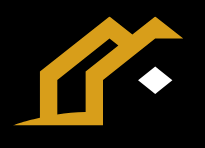
©Fort Worth Drywall Contractor Services
Get In Touch
© 2004 | Powered by UpShot
